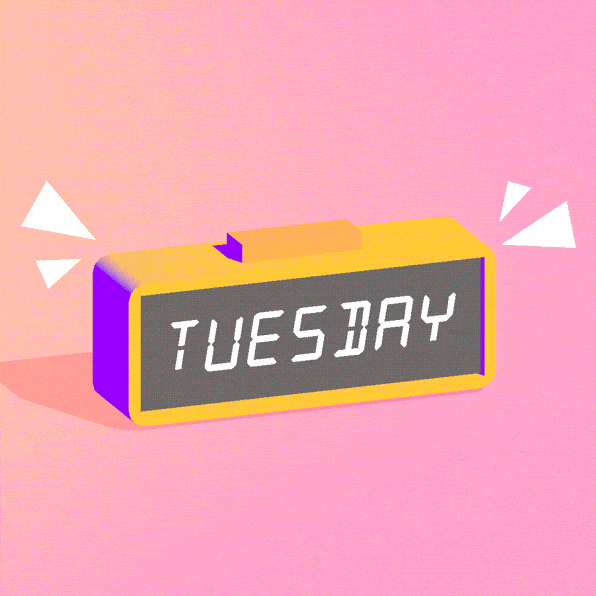- The Bump and Beyond
- Posts
- Tech in Pregancy Tuesday
Tech in Pregancy Tuesday
The Truth About Doppler Apps for Baby's Heartbeat

Hey Beautiful Mama ✨
Welcome to The Bump and Beyond, your fave and trusted resource for the pregnancy and parenting journey.
It’s Tuesday…

It’s Tuesday…
Tech-In-Pregnancy-Tuesday to be exact.
Let’s talk about something I know a lot of us have typed into our search bars at midnight:
“Best app to hear baby’s heartbeat at home.”
I totally get the appeal.
That little thump-thump-thump is like music to our ears when we’re pregnant — the first real, concrete reminder that there’s a whole little person growing inside us.
And when you’re in that in-between stage — not quite showing, not quite feeling kicks — the desire to connect with your baby in some way can feel so intense.
So, naturally, some clever tech developers created smartphone apps that promise to detect and play your baby’s heartbeat using only your phone’s microphone.
Sounds amazing, right?
Here’s the thing, though.
It’s not actually that reliable.
I want to be real with you because these apps are blowing up in popularity, and I’ve heard from more than a few moms in the Facebook group who felt anxious or heartbroken after trying to use them — myself included.
Most Doppler-style heartbeat apps don’t work well until later in pregnancy, if at all!!
They’re often super sensitive to background noise, body fat, placental position, and even how full your bladder is (seriously).
The audio it picks up can sound a lot like your own heartbeat, your digestion, or even the pulsing of nearby blood vessels.
And unfortunately, many of these apps don’t really distinguish between all of that and baby’s actual heartbeat.
So if you try one of these apps at 14 or 16 weeks, for example, and don’t hear anything — it does NOT mean anything is wrong.
But it can lead to a whole spiral of unnecessary anxiety. I’ve been there🙋🏼♀️
And even though some apps now have fancy disclaimers like, “This app is not a medical device,” the vibe of these apps still makes you think you’re getting legit information.
But here’s the truth:
If you want to hear your baby’s heartbeat at home, an FDA-cleared fetal doppler (not a smartphone app) is the safer, more reliable route — and even then, with proper guidance.
When used correctly and sparingly (I’ll explain why sparingly in a second), handheld fetal dopplers can offer some reassurance, especially for moms with previous loss or high anxiety.
But even those should be used with the help of your provider or after proper instruction from a medical professional.
Because if you mistake your heartbeat for baby’s and think everything is okay — or panic because you can’t find it — it can lead to either false comfort or unnecessary stress.
Also worth noting:
Using these devices too often isn’t advised because there’s limited research on the long-term effects of frequent, non-medical ultrasound exposure.

So what’s a modern mama to do?
Here’s my best advice:
💡 Connection Without Confusion
Focus on other ways to connect.
Try talking to your baby, journaling about your pregnancy, or using a kick-counting app once you’re past 20 weeks.Download something that empowers, not pressures.
I love apps like Ovia or Glow Nurture for tracking symptoms, moods, and milestones without making you feel like you need to “check in” on baby’s status every second.If you want reassurance — reach out.
Your provider wants to hear from you, even if it feels like a “dumb question.”
There’s no such thing when it comes to your peace of mind.
And if you’re looking for a real connection tool that doesn’t rely on risky tech?
Try this:
Sit still, place your hands on your belly, and repeat the words — “You’re safe, and I love you.”
Sometimes that’s more grounding and powerful than anything your phone could ever give you.
You got this momma,
Naomi